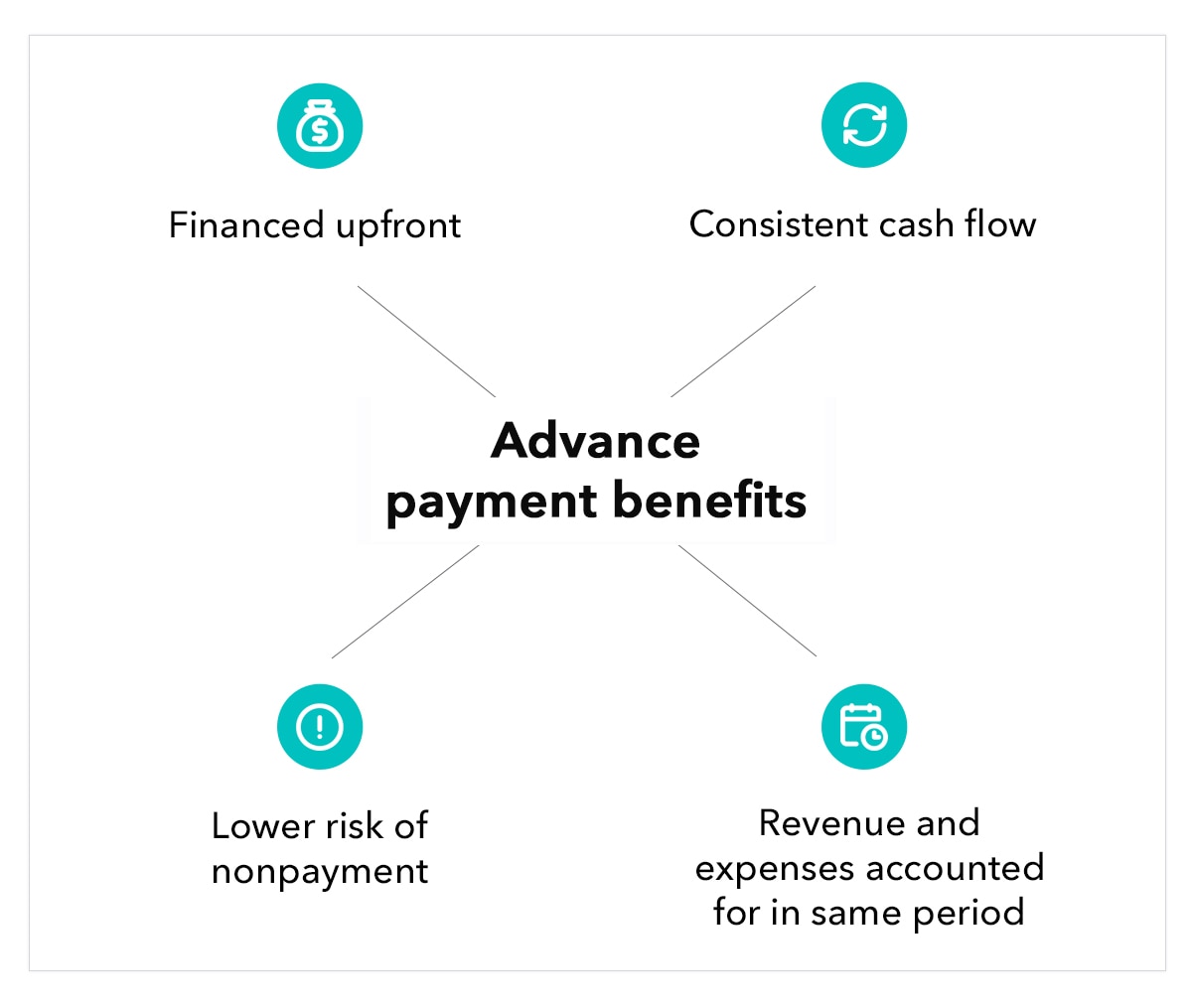Buying a car is a significant financial decision that involves careful planning, budgeting, and understanding of loan terms if you’re financing the purchase. One tool that has gained popularity among prospective car buyers is the car loan calculator. These digital calculators help you estimate your monthly payments, total interest, and overall loan costs based on the variables you input.
But the critical question remains: Can a car loan calculator actually save you money on interest?
This article explores how car loan calculators work, their benefits, and how they can help you make smarter borrowing decisions to reduce interest costs and overall financial burden.
Key Takeaway
Using a car loan calculator lets you visualize and compare different loan scenarios, helping you make informed choices that balance monthly affordability with minimizing total interest. While it’s not a magic tool that cuts costs by itself, it empowers you to negotiate better terms, plan your finances, and avoid costly mistakes—ultimately saving you money on your car loan interest.
What is a Car Loan Calculator?
A car loan calculator is an online tool or software that helps you estimate the monthly payments and total cost of a car loan based on the following inputs:
- Loan amount (the price of the car minus any down payment)
- Interest rate (annual percentage rate or APR)
- Loan term (length of the loan, usually in months or years)
- Additional fees (optional, such as taxes or insurance)
Once you enter these details, the calculator provides a breakdown of:
- Your monthly payment amount
- The total interest you will pay over the life of the loan
- The total repayment amount (principal + interest)
Many calculators also allow for adjustments like extra payments or different loan terms to see how these factors affect your loan.
How Does Interest Work on Car Loans?
Understanding how interest accumulates on a car loan is essential to appreciate the value of using a loan calculator.
Car loans typically use simple interest, which means interest is calculated on the remaining principal balance daily or monthly. The longer you take to repay the loan, the more interest you pay overall. Conversely, paying off your loan faster reduces total interest costs.
Ways a Car Loan Calculator Can Help Save You Money on Interest
Compare Different Loan Offers

When shopping for a car loan, you’ll likely receive various offers from different lenders, each with different interest rates, loan terms, and fees. A car loan calculator enables you to input each lender’s offer and see the breakdown of monthly payments and total interest paid over the loan term.
- Why this matters:
Interest rates and loan terms significantly affect how much you pay overall. A lender with a seemingly lower monthly payment may actually charge more interest if the loan term is longer or fees are hidden. - How it saves money:
By visually comparing offers, you can select the loan that results in the lowest total interest cost, helping you avoid more expensive financing options.
Determine the Impact of Loan Term Length
Loan terms—the length over which you repay the loan—typically range from 24 months to 84 months or longer. Choosing the right loan term affects both your monthly payment and total interest paid.
- How loan terms affect interest:
- Longer terms: Lower monthly payments but more time for interest to accumulate, resulting in higher total interest paid.
- Shorter terms: Higher monthly payments but less interest overall because you pay off the loan faster.
- How the calculator helps:
By inputting different loan terms into the calculator, you can see exactly how much total interest you’ll pay under each scenario. This helps you balance between affordable monthly payments and minimizing total interest costs. - Example:
You might find that a 5-year loan saves you thousands in interest compared to a 7-year loan, even if the monthly payment is slightly higher.
See the Effect of Down Payments
A down payment reduces the amount you need to borrow, directly impacting the interest you pay.
- Why down payments matter:
The loan interest is calculated on the remaining principal, so a higher down payment means less principal and less interest over the loan’s life. - How the calculator helps:
By varying the down payment amount in the calculator, you can observe how much money you save in interest by putting more cash upfront. - Financial motivation:
Seeing a concrete interest savings figure can motivate you to save for a larger down payment, which lowers your overall loan cost.
Evaluate Extra Payments and Early Repayments

Many car loan calculators allow you to simulate making extra payments, either monthly or as one-time lump sums.
- How extra payments save interest:
Extra payments reduce the principal faster than the scheduled loan plan. Since interest accrues on the principal balance, this reduces the total interest charged. - Benefits:
- Shortens the loan term
- Decreases total interest paid
- Builds equity faster in the car
- Using the calculator:
You can test different extra payment amounts or frequencies to see how they affect the loan payoff timeline and interest savings. This insight can help you plan ahead and make informed decisions about paying down your loan early.
Budgeting and Financial Planning
A car loan calculator doesn’t just help with interest—it’s also a critical tool for managing your monthly budget.
Long-term financial health:
Maintaining affordable payments helps keep your credit score healthy, potentially qualifying you for better loan terms in the future.
Why budgeting matters:
Taking on a loan with payments that strain your monthly cash flow can lead to missed payments, late fees, and increased interest charges.
How the calculator assists:
By accurately forecasting monthly payments based on different loan scenarios, you can determine what fits comfortably within your budget. This prevents over-borrowing and financial stress.
Avoiding penalties:
Staying within your repayment ability reduces the risk of penalties or default, both of which increase your effective interest costs and damage your credit.
How to Use a Car Loan Calculator Effectively
Gather Accurate Loan Information

Before you start using a car loan calculator, it’s essential to have all the relevant loan details on hand. This ensures your estimates are as precise as possible and reflect your actual financing options.
- Purchase price of the car:
This is the agreed-upon price of the vehicle you plan to buy. Include any dealer discounts or rebates but exclude taxes or fees unless your calculator requires total purchase price including those. - Down payment amount:
The amount you plan to pay upfront to reduce the loan amount. The higher your down payment, the less you need to borrow, reducing your interest costs. - Interest rate offered by the lender:
This is typically expressed as an Annual Percentage Rate (APR). It reflects the cost of borrowing and can vary depending on your credit score, lender policies, and market conditions. - Loan term options:
The duration over which you intend to repay the loan, usually in months or years (e.g., 36, 48, 60, 72 months). Loan term length directly affects your monthly payments and total interest paid. - Optional but useful details:
Some calculators also ask for:- Sales tax percentage applicable in your area
- Additional fees (like processing fees, title, registration)
- Insurance costs (if you want a more holistic estimate of monthly expenses)
Why this step matters:
Using inaccurate or estimated figures may mislead your loan cost understanding. For example, underestimating the interest rate or forgetting taxes can make your monthly payment estimate unrealistically low.
Input Variables Carefully
With your loan details ready, you can enter the numbers into the car loan calculator.
- Enter the purchase price or loan amount:
Some calculators require the full purchase price, while others ask for the loan amount (purchase price minus down payment). - Input the down payment:
This might be a separate field or factored into the loan amount. - Enter the interest rate (APR):
Be precise. For example, enter 5.5% as “5.5,” not “0.055.” - Specify the loan term:
Choose the loan length you’re considering. - Add taxes and fees if requested:
Enter your local sales tax rate and any known fees to get a full picture of your monthly obligations. - Additional fields:
If available, include information about extra payments or balloon payments to see how they affect your loan.
Tips for inputting data:
- Double-check each number before submitting.
- Use the calculator’s help or info buttons if you’re unsure what to enter.
- If the calculator has preset options for terms or rates, compare those with your actual loan offer to avoid confusion.
Experiment with Different Scenarios
One of the greatest advantages of car loan calculators is their flexibility. You can test multiple “what-if” scenarios to explore how changes impact your loan payments and overall costs.
- Change the loan term:
Compare shorter versus longer loan durations. Notice how monthly payments rise as terms shorten but total interest drops. - Adjust the interest rate:
Simulate rates higher or lower than your current offer to see how much more or less interest you’d pay. - Modify down payment amounts:
Check how increasing your down payment reduces monthly payments and total interest. - Try extra payments:
Some calculators allow you to add extra monthly payments or lump sums to see how much interest and time you can save. - Add fees and taxes:
See how sales tax and fees influence your monthly payment and total cost.
Why experiment?
This process helps you discover the loan structure that best fits your budget and minimizes interest. It also prepares you for negotiations with lenders by showing you potential savings or trade-offs.
Analyze Results and Make Informed Decisions

After running different scenarios, carefully review the outputs and use them to guide your borrowing decision.
- Focus on total interest paid:
This figure tells you how much extra money you’ll spend above the car’s price. A lower total interest amount means less cost over time. - Check monthly payment affordability:
Even if a loan saves you money in total interest, the monthly payments must fit comfortably within your budget. Avoid loans that stretch your finances too thin. - Balance trade-offs:
Sometimes a slightly higher monthly payment can save you hundreds or thousands in interest. Decide what works best for your financial situation. - Consider your financial goals:
If you plan to keep the car long-term, a shorter loan with less interest might be ideal. If monthly cash flow is tight, a longer loan might be more manageable but costlier. - Use the results to negotiate:
Armed with knowledge from your calculations, you can better negotiate loan terms, interest rates, or down payments with your lender or dealership.
Additional Tips for Effective Use
Update inputs as offers change:
If you get a new loan offer or adjust your down payment plans, rerun calculations to stay current.
Use multiple calculators:
Different websites may offer calculators with varying features. Try a few to get a comprehensive view.
Keep track of scenarios:
Save or print your results for comparison and decision-making.
Real-Life Example: Using a Car Loan Calculator
Imagine you want to buy a car for $25,000 with a 10% down payment ($2,500). You’re offered two loan options:
- Loan A: 5 years at 5% interest
- Loan B: 7 years at 4.5% interest
Using a car loan calculator:
| Loan Option | Loan Amount | Interest Rate | Loan Term | Monthly Payment | Total Interest Paid |
|---|---|---|---|---|---|
| Loan A | $22,500 | 5% | 5 years | $425 | $2,035 |
| Loan B | $22,500 | 4.5% | 7 years | $320 | $3,164 |
While Loan B offers lower monthly payments, the longer term means you pay more than $1,100 extra in interest compared to Loan A. This example highlights how a calculator helps you weigh monthly affordability against total cost.
Additional Tips to Save Money on Car Loan Interest
Negotiate Your Interest Rate
Interest rates on car loans are not always fixed in stone. Many lenders have some room to adjust rates based on your creditworthiness, market conditions, or your willingness to negotiate.
- How to use your car loan calculator in negotiation:
Before approaching lenders, use your calculator to understand how different interest rates affect your monthly payments and total interest cost. Armed with this knowledge, you can confidently ask lenders for better terms by showing them alternative loan offers or your budget constraints. - Tips for successful negotiation:
- Highlight your good credit score and steady income.
- Mention competing offers with lower rates (if you have them).
- Ask about any discounts for automatic payments or existing customer loyalty programs.
- Be polite but firm — lenders often prefer to negotiate rather than lose your business.
- Why it matters:
Even a small reduction in your interest rate can save you hundreds or thousands of dollars over the life of the loan.
Improve Your Credit Score Before Applying
Your credit score is one of the most important factors lenders use to determine your interest rate.
- How credit score affects your rate:
Borrowers with higher credit scores typically qualify for significantly lower interest rates. Conversely, poor or fair credit scores often mean higher rates to compensate lenders for the increased risk. - Steps to improve your credit score:
- Check your credit reports: Obtain free copies from the three major credit bureaus (Equifax, Experian, TransUnion) and review them for errors or fraudulent activity. Dispute any inaccuracies immediately.
- Pay down existing debts: Lower your credit utilization ratio by paying off credit cards and loans.
- Avoid opening new credit accounts: New inquiries can temporarily lower your score.
- Make all payments on time: Payment history is a large part of your credit score.
- Why improve before applying:
Taking a few months to boost your credit score can lead to a better interest rate offer, saving you significant money in interest payments.
Consider Shorter Loan Terms if Affordable
Choosing the length of your loan term is a crucial decision that impacts both your monthly payments and total interest paid.
- Shorter loans have higher monthly payments but less total interest:
With a shorter loan term—say 36 or 48 months instead of 60 or 72 months—you pay off the principal faster. This reduces the time interest accrues, leading to lower overall interest payments. - Why it saves money:
Even though you might have to budget for higher monthly payments, the interest savings can amount to thousands of dollars. - Using your calculator:
Simulate shorter loan terms to see how much more you’d pay monthly and how much you’d save in interest. If the increase fits your budget, it’s usually financially wiser to opt for a shorter term.
Avoid Extending Loan Terms Excessively
While longer loan terms reduce monthly payments and seem attractive, they often come with hidden costs.
What to do instead:
Stick to loan terms you can comfortably pay off within 5 years or less, if possible. Use your car loan calculator to find a balance between monthly affordability and total interest cost.
Why longer terms can be costly:
Extending your loan to 72 or 84 months may lower monthly payments but substantially increases the total interest you pay. In some cases, you might pay double the car’s value in interest alone.
Impact on car value and equity:
Since cars depreciate quickly, a long loan term increases the risk of owing more than the car is worth (being “upside down”). This can make it difficult to refinance or sell the car without a financial loss.
Psychological effects:
Low monthly payments may encourage borrowing more than you can realistically afford, leading to financial stress and potential defaults.
Limitations of Car Loan Calculators
| Limitation | Explanation |
|---|
| Estimates Only | Calculators provide estimates based on input data but may not reflect exact loan terms or fees. |
| Excludes Some Fees | Many calculators don’t include dealer fees, insurance, or taxes unless manually entered. |
| Variable Interest Rates | Calculators assume fixed interest rates; actual loans may have variable or changing rates. |
| No Credit Impact Assessment | They do not factor in how your credit score may affect loan approval or interest rates. |
| Doesn’t Account for Loan Prepayment Penalties | Some loans charge fees for early payoff, which calculators typically don’t include. |
| Limited to Standard Loan Structures | Unusual loan types like balloon payments or deferred payments might not be supported. |
| Assumes Timely Payments | Calculators don’t factor in missed or late payments, which can increase overall costs. |
| Ignores Future Rate Changes | Doesn’t consider potential changes in interest rates for adjustable-rate loans. |
| Cannot Guarantee Loan Approval | Showing affordability in the calculator doesn’t guarantee lender approval or terms offered. |
| May Not Include Local Tax Variations | Tax rates vary by region and may not be accurately reflected unless manually input. |
Also Read : How Do Quick Money Loans Work and What Should You Know?
Conclusion
A car loan calculator is a powerful tool to help you understand the financial impact of different loan options and repayment plans. While the calculator itself doesn’t directly save you money, the insights it provides empower you to make smarter choices—choosing better loan terms, increasing down payments, and avoiding costly loan structures.
By experimenting with different scenarios, you can find the loan that balances affordability with minimizing interest costs. Combined with proper credit management and lender negotiation, a car loan calculator can be an essential part of your car-buying strategy that ultimately saves you money on interest.
FAQs
1. Can a car loan calculator give me an exact payment amount?
No. It provides an estimate based on the numbers you input. Actual payments may vary due to taxes, fees, and lender policies.
2. Are car loan calculators free to use?
Yes, most online car loan calculators are free and accessible on financial websites and lender portals.
3. How accurate are car loan calculators?
They are generally accurate for basic loan scenarios but may not include complex fees or changing interest rates.
4. Can I use a car loan calculator to compare lenders?
Yes, by inputting each lender’s terms, you can compare monthly payments and total interest to find the best deal.
5. Do car loan calculators consider my credit score?
No, you must input the interest rate based on your credit rating separately.
6. Can making extra payments save me interest?
Yes, calculators that allow you to simulate extra payments show how you can reduce the loan term and total interest paid.
7. Will a larger down payment always reduce my interest?
A larger down payment reduces your loan amount, which generally lowers the total interest, but it doesn’t affect your interest rate.


